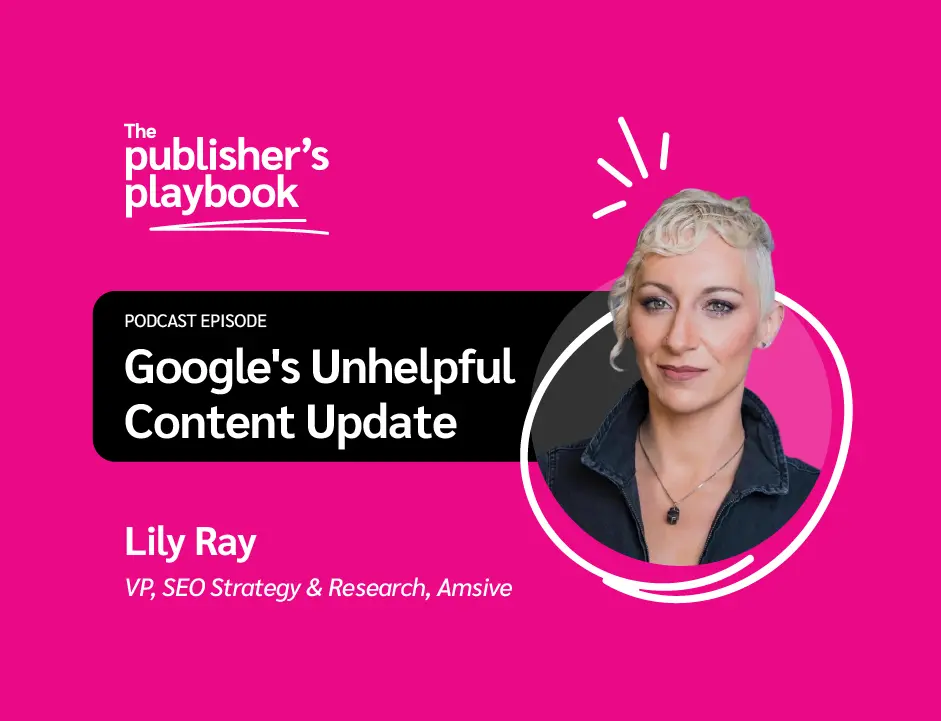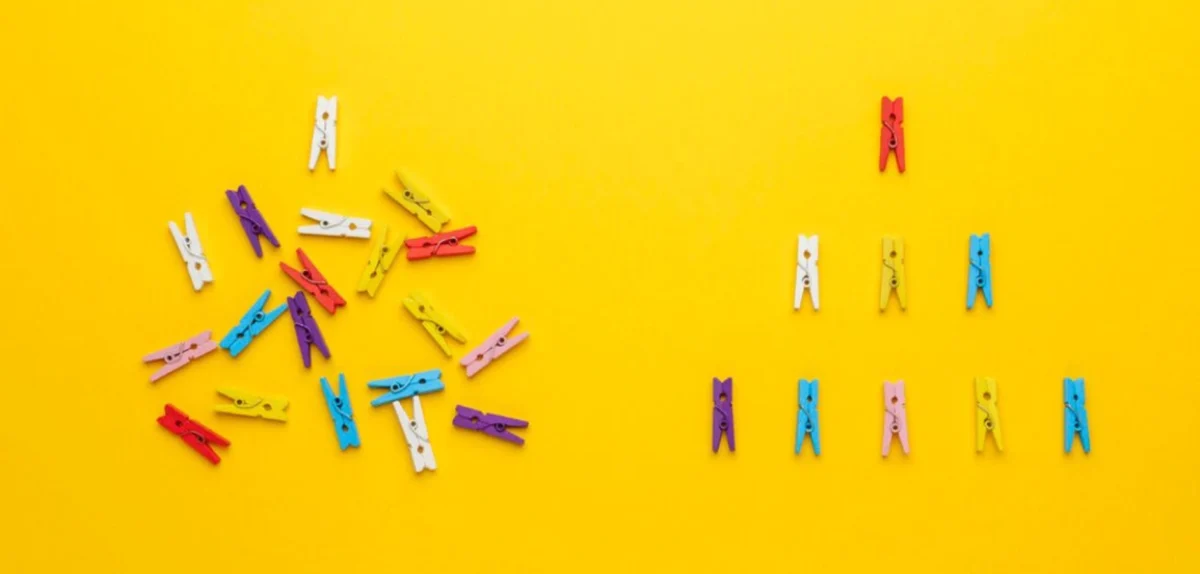The circumstances of SEO have always been in flux, but the recent Google Helpful Content Update has proven to be a significant shift. While the update was intended to improve the search experience for users, it has had a disproportionate impact on small publishers, niche blogs, and sites heavily reliant on ads and affiliate links.
Lily Ray, VP of SEO Strategy and Research at Amsive, has been leading the charge in navigating this turbulent landscape. In a recent interview, she shared her insights on the challenges and opportunities presented by the update.
According to Ray, the Helpful Content Update has placed a stronger emphasis on providing high-quality, valuable content for users. This means websites with thin or low-quality content are being pushed down in search rankings, while those with well-researched and informative content are rising to the top.
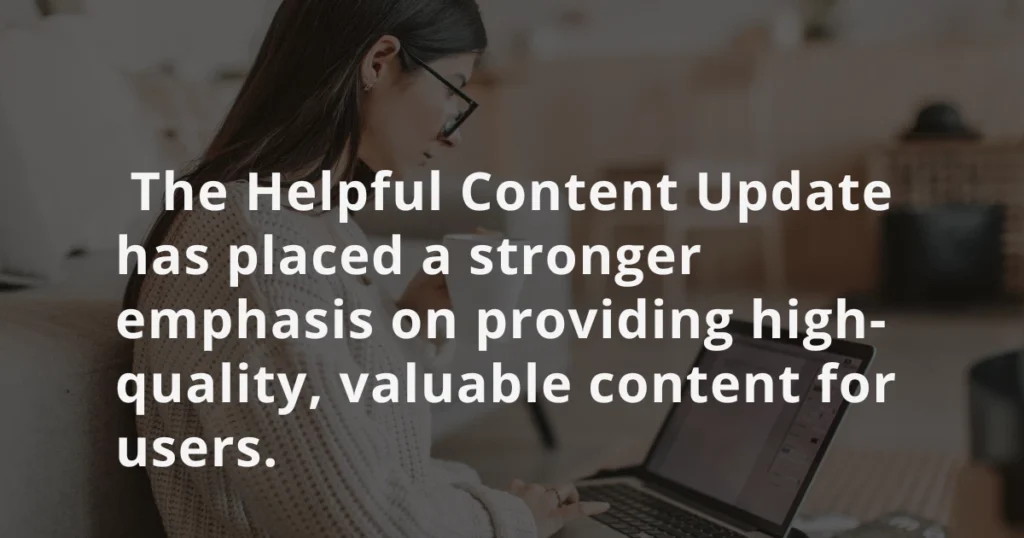
For small publishers and bloggers who may not have the resources to consistently create in-depth content, this can be daunting. However, Ray emphasizes that quality over quantity is key. Instead of churning out multiple short articles, focus on creating longer-form pieces that truly provide value to your audience.
The birth of the Helpful Content Update
In August 2022, Google launched its first iteration of the Helpful Content Update, introducing a new ranking system aimed at demoting sites that crossed a threshold of what Google deemed “unhelpfulness.” As Lily Ray, VP of SEO Strategy and Research at Amsive, explains:
“It’ was a new way that Google evaluates sites. And at the time, it was a new ranking demotion for sites that met the minimum threshold of unhelpfulness, essentially.”
This update wasn’t a one-time event. In September 2023, Google rolled out an updated version of this system, which had a profound impact on sites with content heavily optimized for search engines rather than human readers.
“The [next] update started to impact thousands and thousands of small publishers, small sites, niche blogs, recipe blogs, travel blogs, smaller sites,” Ray says. “And that’s when it started to become a really big public discussion about what was happening.”
By March 2024, Google had incorporated this system into its core ranking mechanisms. “We’re not going to get a specific helpful content update anymore,” Ray notes. “We’re not going to get an update to the helpful content system because the helpful content system doesn’t exist on its own anymore. It’s just something that Google’s automatically looking at all the time with its core ranking systems.”
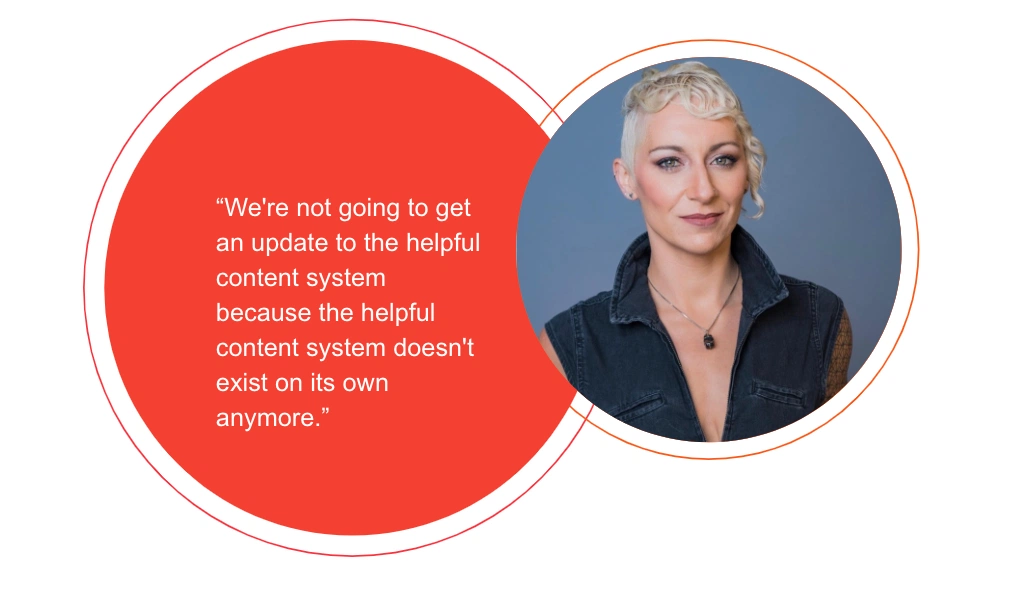
The devastating impact on small publishers
For many small publishers, the Helpful Content Update has been a devastating blow. Sites once thriving, especially those dependent on search traffic, suddenly saw massive drops in visibility and, consequently, in revenue. As Ray explains, “These were probably the hardest work relationships I’ve had to manage. A lot of them had no idea that they were going to end up in this situation.”
The update disproportionately impacted certain types of websites, particularly niche blogs and sites with aggressive monetization tactics. “It’s not about which niche you’re in, it’s about what type of website you have,” Ray notes.
“A lot of them are monetized with popular monetization methods where there’s a lot of ads all over the site. In some cases, very aggressive ads. And a lot of them do have a lot of affiliate links.”
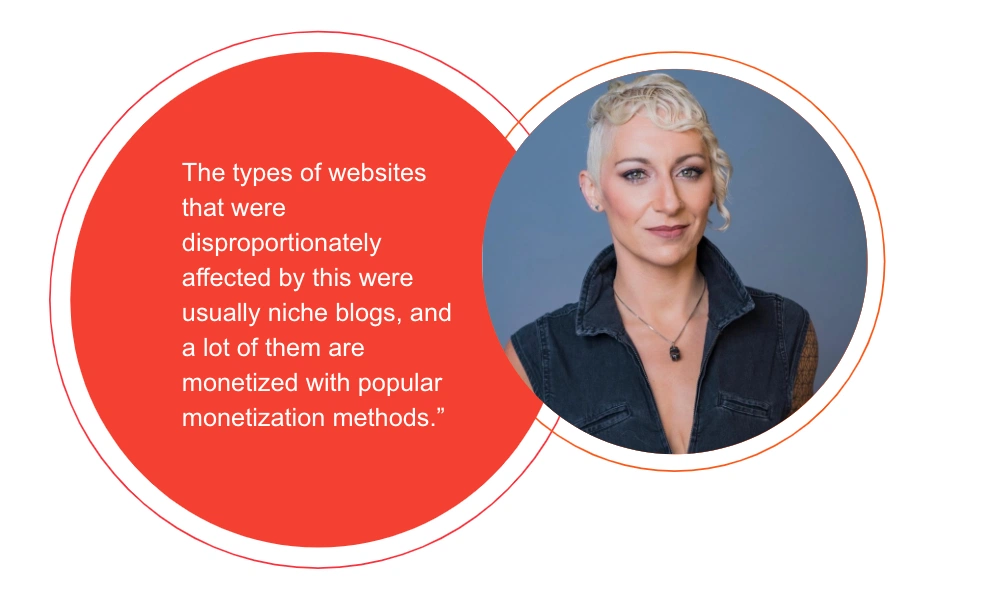
Recovering from the Helpful Content Update
Recovering from the Helpful Content Update is not a quick or easy process. It requires a deep, often painful reassessment of your content strategy. As Ray advises, “You have to get to the heart of why your site exists.”
She continues, “If your site is filled with content created primarily to rank in search engines, rather than to provide real value to users, you’re going to need to make significant changes.”
One of the most effective strategies Ray and her team have employed is to audit and reduce low-quality content. “Think about your site and the footprint of your site as what are the pages that are indexable, which means that I’m allowing search engines to crawl and index them,” she suggests. “If you have 80 percent or 40 percent of your indexable pages as low quality, thin, spammy content […] that absolutely gets factored into search engines’ evaluation of your entire site.”
![Lily Ray "If you have 80 percent or 40 percent of your indexable pages as low quality, thin, spammy content [...] that absolutely gets factored into search engines' evaluation of your entire site."](https://impact.com/wp-content/uploads/2024/09/indexable-pages.webp)
Ray also emphasizes the importance of creating content with real value and authenticity. “If it feels like AI content, even if you wrote it, that’s not good.” By focusing on delivering genuine value to readers, rather than just chasing search engine rankings, publishers can begin to rebuild trust and visibility with Google.
Patience and persistence are key
Perhaps the most challenging aspect of dealing with the Helpful Content Update is the time it takes to see results. As Ray puts it, “It’s going to take time—sometimes a year or more. You have to trust the process and make these changes with the understanding that recovery won’t happen overnight.”
However, for those who stick with it, there is hope. “I’m just excited that whatever this classifier thing that may or may not have been applied has been lifted so that these sites now have the opportunity to grow again,” Ray notes.
“We’re starting to see some recovery. Sites that have done the hard work are beginning to move up again. It’s not a full recovery yet, but it’s encouraging.”
Success stories amidst the challenges
While the Helpful Content Update has presented significant challenges for small publishers, there are also success stories emerging. One notable example is the rise of Reddit, which has seen unprecedented growth in its organic footprint on Google.
“Reddit was number 78 last year in terms of footprint, biggest organic footprint on Google US. They’re number three right now,” Ray shares. ” Reddit’s absorbed all the losses of every type of category.”
This shift suggests that while certain types of sites have struggled, there are opportunities for those willing to adapt and create truly valuable content that resonates with users.
Embracing a holistic approach to SEO
Ultimately, the Helpful Content Update has reinforced the need for a more nuanced approach to SEO. As Ray explains, “It’s not just about the numbers. It’s about passion, creativity, and staying true to your brand’s voice.”
By aligning content creation with their authentic brand identity, small publishers can better navigate the evolving landscape and position themselves for long-term success.
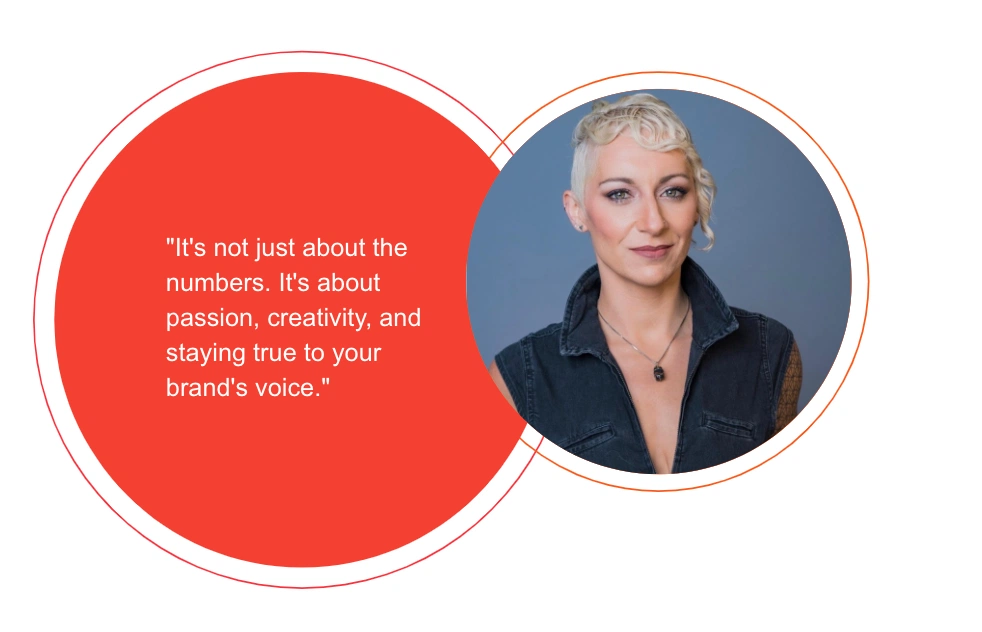
Creating undeniable value with content
The Helpful Content Update has been a reckoning for many publishers, but it is not an insurmountable challenge. By focusing on creating genuinely valuable content, reducing low-quality pages, and maintaining patience and persistence, it is possible to recover and even thrive in this new SEO dynamic.
As Ray advises, “Get to the heart of your content strategy, make the necessary changes, and stay the course.” With a commitment to authenticity and a willingness to adapt, small publishers can emerge stronger and more resilient than ever before.
You can listen to the full interview with Lily Ray on The Publisher’s Playbook Podcast.


